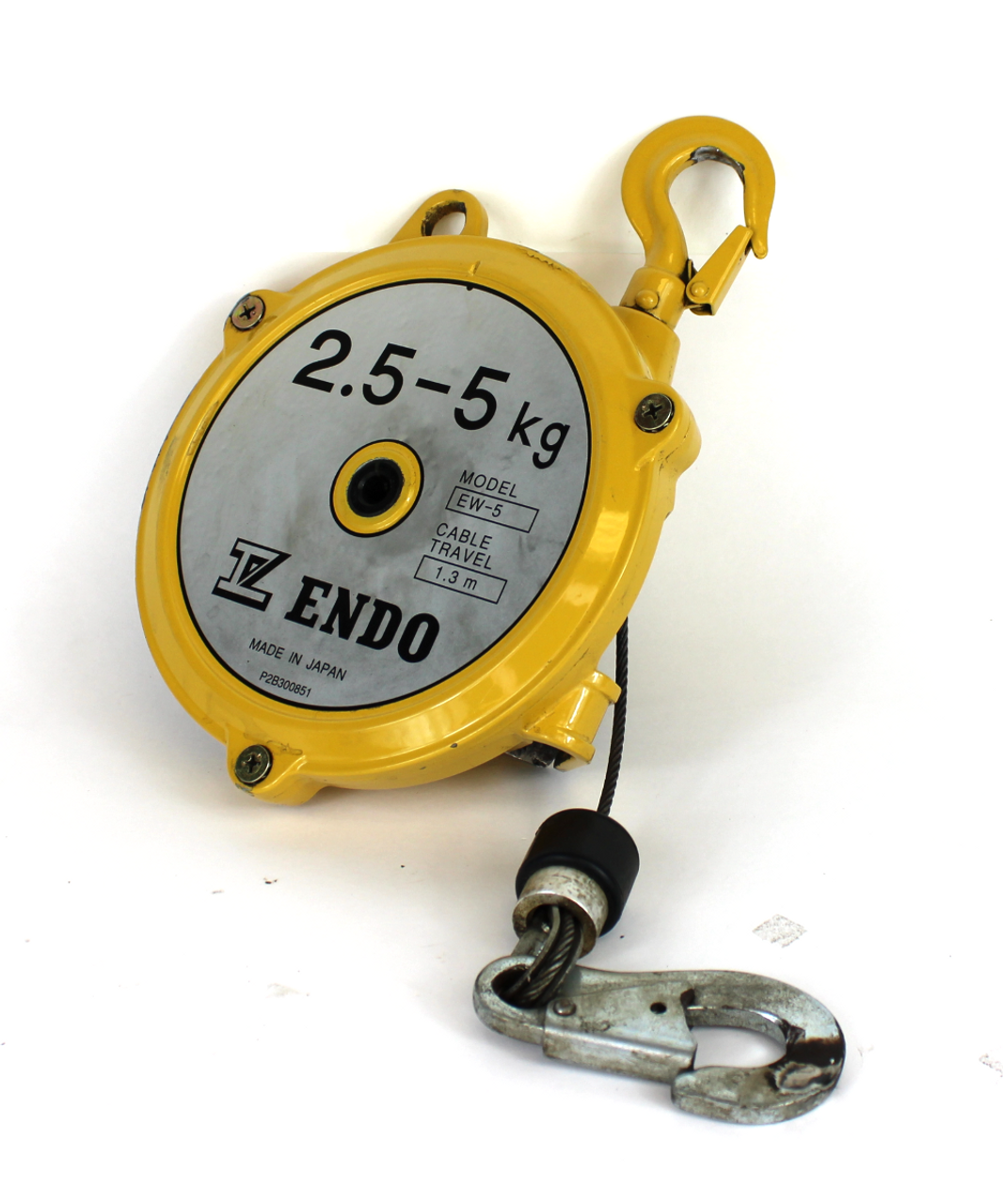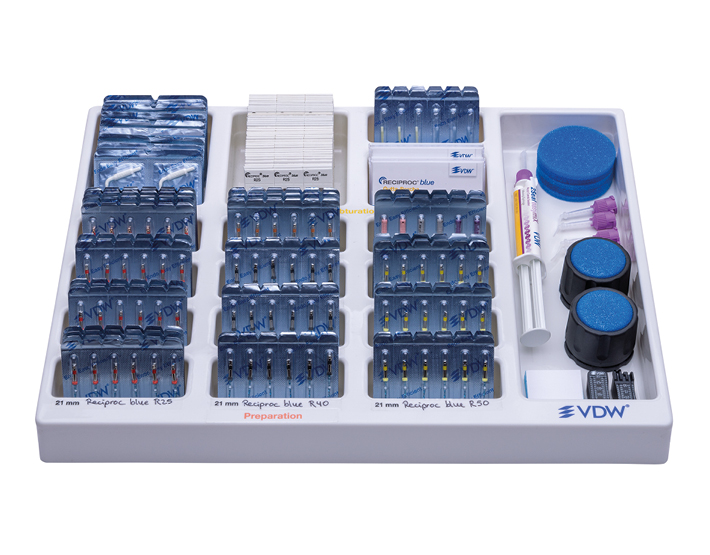

Maria-Cristina Antoniou, Paediatric Endocrine Trainee, Endocrinology, Diabetology and Obesity unit, Lausanne University Hospital, Lausanne University, Switzerland. Chris Worth, Paediatric Endocrine Research Fellow, Department of Paediatric Endocrinology, Royal Manchester Children’s Hospital, United Kingdom. We are grateful to all listed below who have provided constructive comments and contributed to the 2021 ETR in PED: Trainees: Amish Chinoy, Paediatric Endocrine Research Fellow, Department of Paediatric Endocrinology, Royal Manchester Children’s Hospital, United Kingdom.

Rationale for European Training Requirements and Roles of Various Organisations The 2021 ETR in PED aims to (1) provide standards to harmonize training programmes in PED between different European countries, (2) establish clearly defined standards of knowledge and skills required to practice PED at the tertiary care level, (3) foster the development of a network of competent centres for PED in Europe and globally, and (4) improve the quality of care for children and adolescents requiring PED services. This study presents the rationale that underpins the European standards for training in medical (sub)specialities, the roles of various organisations involved in developing the 2021 European Training Requirements (ETR) in Paediatric Endocrinology and Diabetes (PED), and an overview of what it comprises.
#Endo tool training for licensed independent practitioners professional
Implementing the ETR will complement professional regulatory requirements for postgraduate training in PED in different countries and allow harmonizing standards across Europe. The process to develop and approve this 2021 ETR has been rigorous and involved trainees and consultants in paediatric and adult Endocrinology, ESPE (Syllabus Task Force, Education and Training Committee, Council), European Academy of Paediatrics (Tertiary Care Council, Assembly), European Board of Paediatrics, and Union of European Medical Specialists. The target users are trainees in PED, trainers, and all involved with quality assurance and accreditation. References to consensus guidelines produced and/or endorsed by ESPE are included. It also provides the detailed syllabus/core content that trainees are expected to achieve in order to become competent independent clinicians in PED. This ETR in PED specifies the requirements for training institutions, trainers, and trainees.

The aims of the 2021 European Training Requirements (ETR) in Paediatric Endocrinology and Diabetes (PED) are to (1) provide standards to harmonize training programmes in PED between different European countries, (2) establish clearly defined standards of knowledge and skills required to practice PED at the tertiary care level, (3) foster the development of a network of competent tertiary care centres for PED in Europe and globally, and (4) improve the quality of care for children and adolescents requiring PED services.


 0 kommentar(er)
0 kommentar(er)
